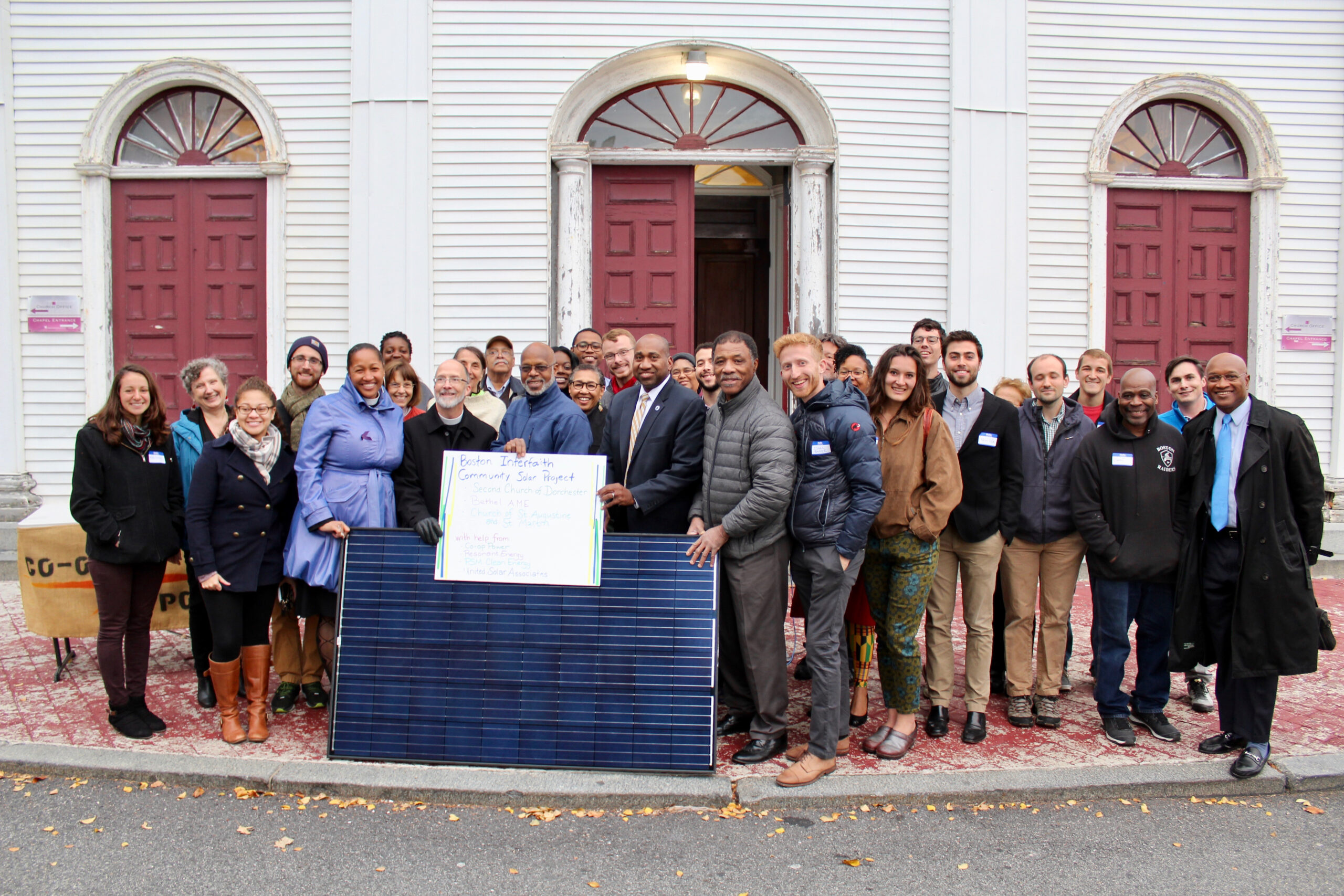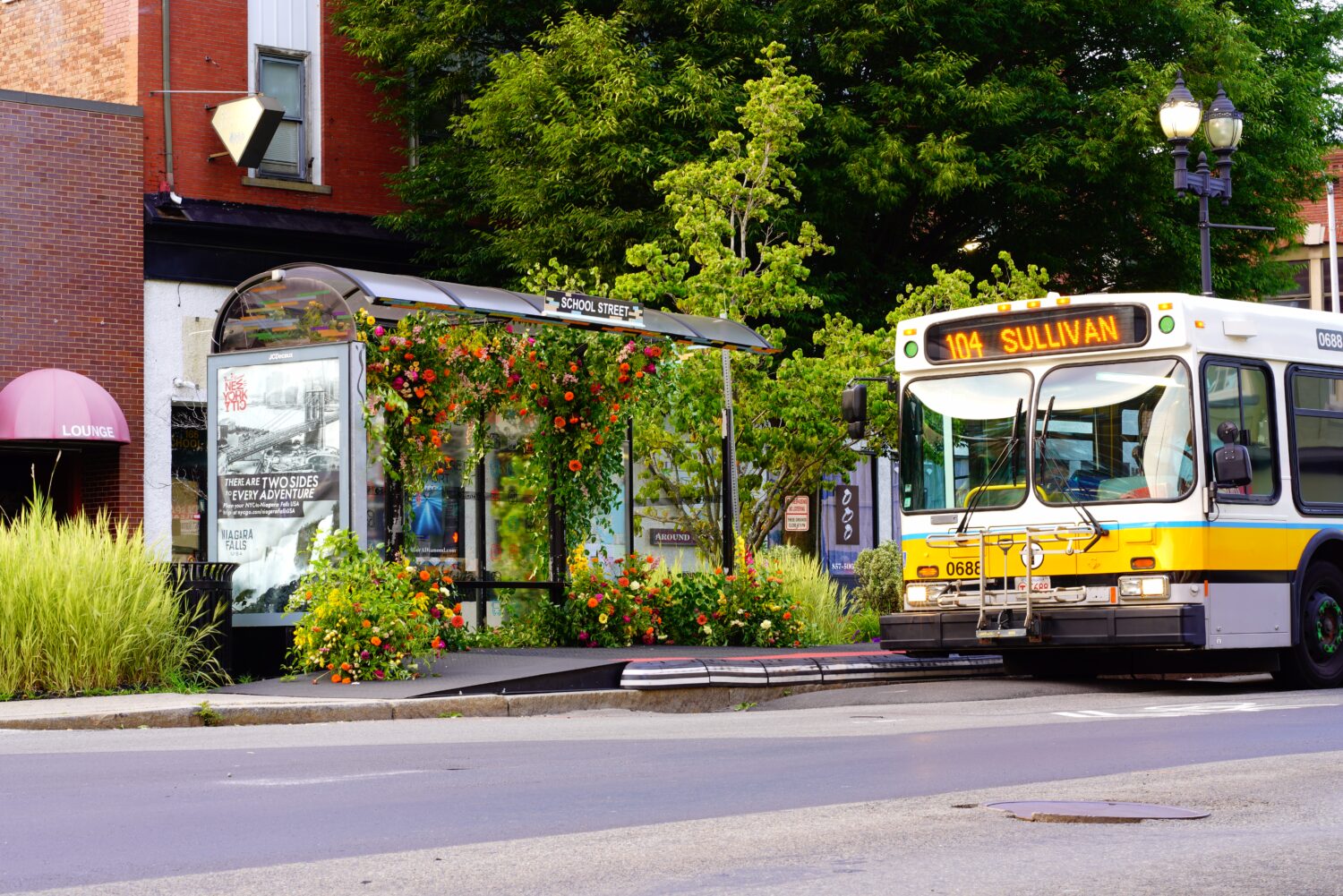In September, Barr’s Climate and Clean Energy Team commissioned Global Strategies Group to survey Massachusetts voters on clean energy issues. Our goal was to better understand awareness and opinions about current opportunities and challenges. We also sought to inform ongoing efforts to educate and communicate effectively about the connections between energy, climate, equity, and public health.
The poll surveyed 604 registered voters across Massachusetts over a five-day period at the end of September, with an oversampling in Gateway Cities.
There are three big takeaways and six key insights from the data that I wanted to highlight in this post.
First, it is abundantly clear that voters in Massachusetts are ready for bold and decisive action to address the climate crisis, including a complete transition to clean and renewable energy statewide.
Second, Massachusetts voters trust scientists and public health experts above all others to convey the facts on energy issues. This finding is critical to ensuring that the link between air pollution, climate change, and the severity of airborne diseases, like COVID-19, is fully recognized by policymakers and the public.
Third, the survey found increasingly negative attitudes towards natural gas and other fossil fuels. The data showed that these attitudes were informed by the damage these fuels cause to public health and safety, as well as the high levels of climate pollution emitted from fossil fuels.
Additionally, here are six key insights we’ve been sharing with our partners that are informing our strategies for the way ahead:
- A significant majority of voters in Massachusetts (65%) describe climate change as a crisis or very serious problem.

- Three-in-five voters support the goal of transitioning away from natural gas and Massachusetts receiving 100% of its electricity from renewable sources.

- Voters in Massachusetts overwhelmingly support moving to solar (86%) and wind (85%) to generate energy. Far fewer support natural gas (44%) oil (18%) or coal (14%).

- The state’s energy efficiency incentives enjoy overwhelming support (92%), but as few as 44% of respondents were aware of specific incentives that could benefit them, such as heat pumps to replace oil, propane, or gas heating.

- Voters strongly support using federal COVID relief funds to help households pay their energy bills during the pandemic (86%) and to provide incentives to businesses and individuals to make energy efficiency upgrades (79%).

- Voters in Massachusetts trust scientists (85%) and public health experts (83%) on these issues dramatically more than any other messenger.
A link to Global Strategy Group’s full presentation on their findings is also available on Barr’s Knowledge Center via the button below:





